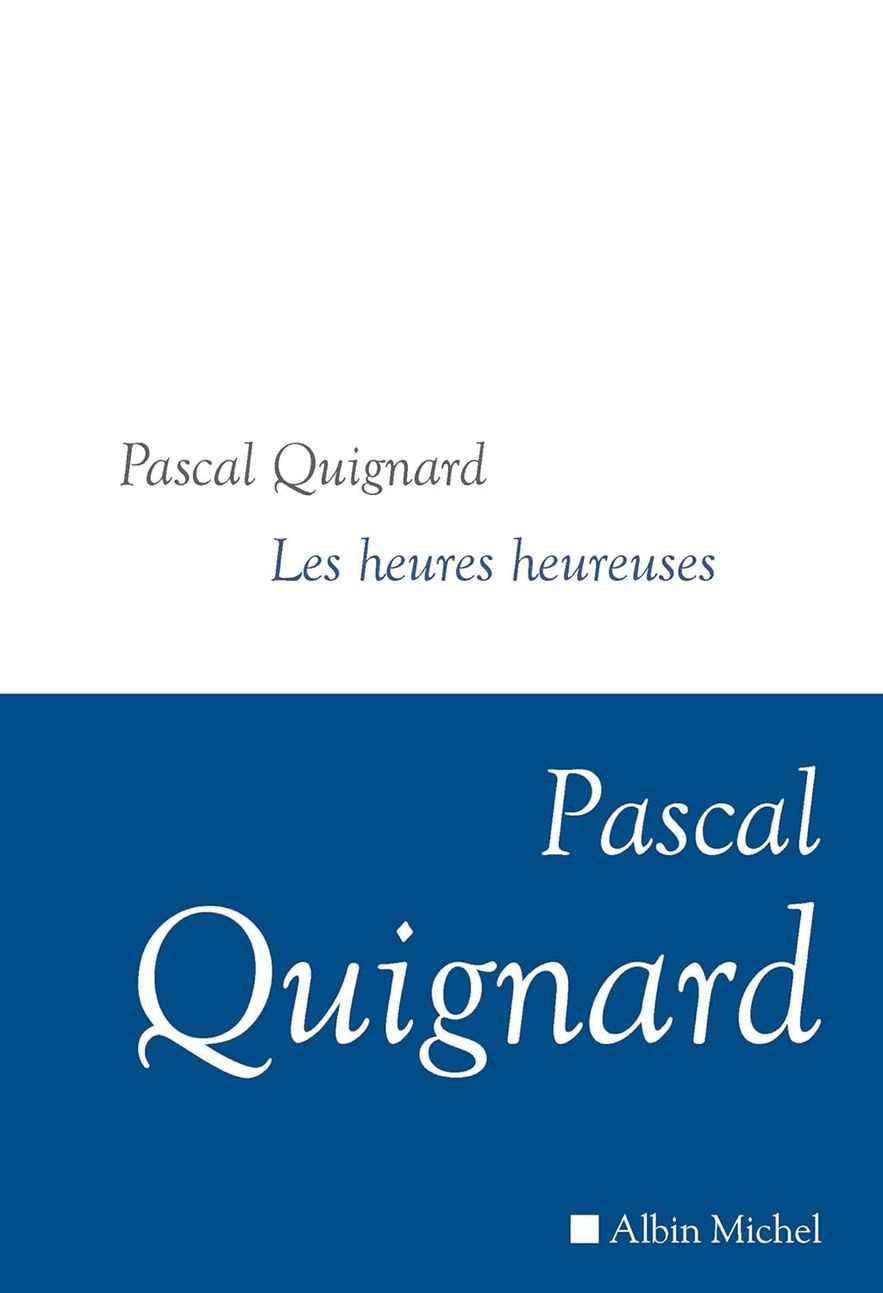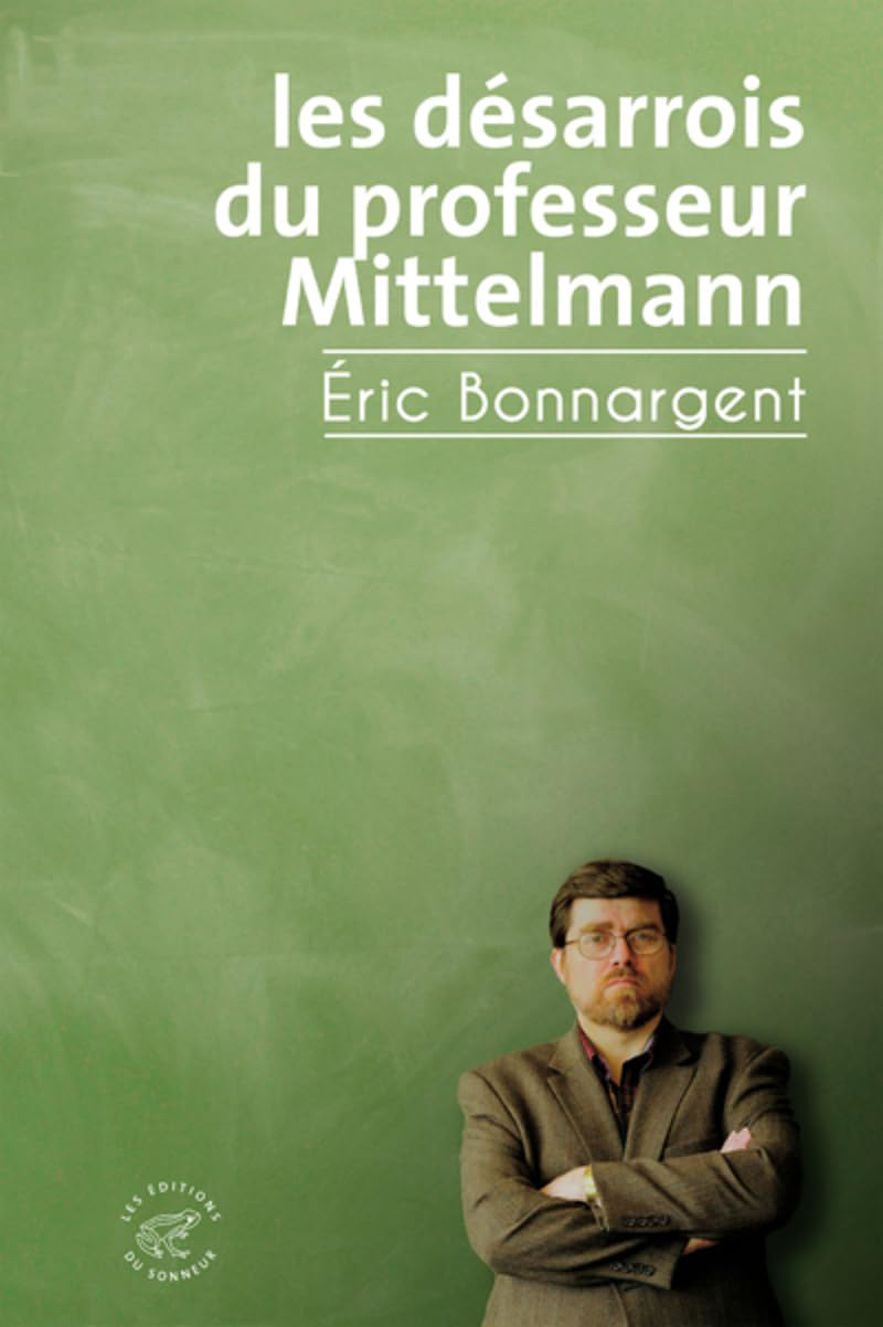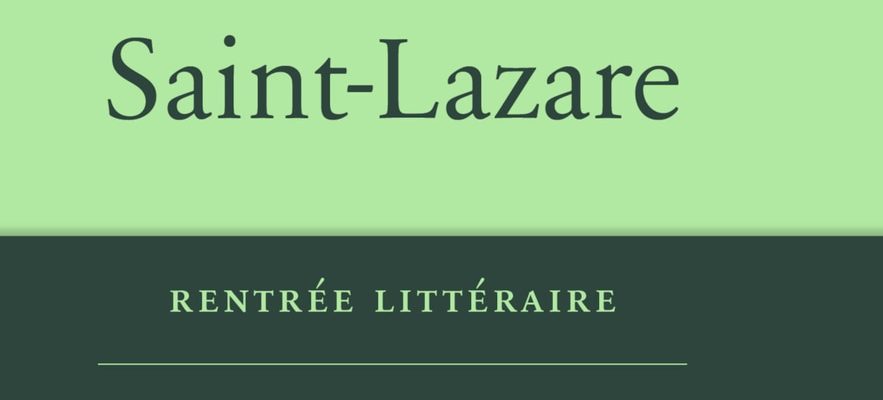Saint-Lazare station
By Dominique Fabre.
Fayard, 143 p., €17.
L’Express rating: 3/5
Gare Saint-Lazare By Dominique Fabre.
© / Fayard
At that time, to the left of the escalators of the court of Rome, you could go and get your hair cut at Joffo – the hairdressing salon belonging to the family of the author ofA bag of marbles. Living in Asnières, the young Dominique Fabre entered Paris via the Saint-Lazare station. The famous Duluc Détective agency had for a long time a large lettered sign on the roof of the last building on rue d’Amsterdam. Today, Fabre follows his past in this lost neighborhood…
“I remember things that are a little disjointed…” admits the author two thirds of the way through this soberly titled story. Saint-Lazare station. There is something of Léon-Paul Fargue in Dominique Fabre: nothing theoretical about this sensitive writer who resurrects images throughout his nostalgic wanderings. His readers will rediscover his deadpan humor and his old-fashioned titi style – he sometimes begins his sentences with “word” or “bug”! Although he sketches some picturesque characters from the Saint-Lazare station of his youth, Fabre’s heart sinks every time he talks about his mother. We feel that he has been chasing her for a long time, like Paul Léautaud with his. Fabre’s mother sent him to foster families or boarding schools. The half-abandoned boy tried to fraternize with Madame’s lovers. And then he has aged, he is now in his sixties and writes sentences such as: “So, the last train if it happens, we say to ourselves that we may have already taken it without suspecting.” A book to read this fall on a commuter train: melancholy guaranteed. L.-H. From LR
Happy Hours
By Pascal Quignard.
Albin Michel, 227 p., €19.90.
L’Express rating: 3/5

Happy Hours By Pascal Quignard.
© / Albin Michel
In 1979, Pascal Quignard had this brilliant sentence: “I hope to be read in 1640.” The date was not insignificant: it was in 1640 that the famous Augustinus by Cornelius Jansen. Three centuries after the dissolution of Port-Royal, Quignard continued the history of Jansenism alone. Why is he so often considered a hermetic, borderline illegible author? Composition in fragments was commonplace in the 17th century. Quignard is wrongly seen as an avant-garde while he is formally part of the neoclassical heritage.
In Happy Hourstwelfth volume of Last Kingdom, as always in Quignard there are aphorisms, thoughts and memories. He thus evokes Paul Celan, Mitterrand or his great friend Emmanuèle Bernheim. It is often about the sea, various beaches, and sometimes Saint-Florent, in Corsica. Fun detail: Saint-Florent was the stronghold of Jean d’Ormesson. Quignard has absolutely nothing to do with d’Ormesson, but he is also in his own way a writer of happiness. In books and in life he seeks light and epiphanies. He loves Saint John of the Cross as much as Emily Dickinson, who always refused to learn to tell the time, saying that “the chime was enough for her and, for the rest, the sun in the sky said everything.” This book, both mystical and poetic, blurs spatiotemporal markers but opens avenues for reading and reflection. We will never live again, alas, in 1640. Which does not prevent us from reading Quignard in 2023. L.-H. From LR
The Disarrays of Professor Mittelmann
By Eric Bonnerargent.
Editions du Sonneur, 278 p., €18.
L’Express rating: 4/5

The Disarrays of Professor Mittelmann By Eric Bonnargent.
© / Editions du Sonneur
Finally the keel! The 2020 school year will be without Mittelmann, a 60-year-old philosophy teacher – thirty-three of whom have been of good and loyal service –, now retired. No more uncertain assignments, waking up at 5:45 a.m., or painful RER journeys. Farewell to “illiterate and indifferent students”. It is an opportunity for this specialist in Hippias and Ecclesiastes to look back on his “funny life”, that of a son of modest parents, quick to leave his native Lorraine in order to study in Paris. His ambition: “to become a writer”. Alas, he opts for teaching by default and necessity, marries the bubbly Perrine who will end up divorcing him for a pushy hunk, then becomes infatuated with an irresistible colleague who will turn out to be as toxic as possible.
Through chronological and subjective chapters – 1988, 1991, 1995, 2000, etc. –, Eric Bonnargent retraces a past which will thrill those nostalgic for the “Mitrand” years, evenings to the sound of Take on Me And Life is Life, discussions about the Chernobyl “incident”… The author, himself a professor of philosophy, excels above all in restoring the touching journey of a disenchanted man, who questions the times, love, happiness, old age, his profession as a teacher: we will not soon forget the hilarious passages about his lessons, the crazy talking of the high school students, their questions that are off the mark, the amused obstinacy of the teacher in making them understand the “quirks” of Socrates, the embarrassment of Descartes , Nietzsche as “philosopher of suspicion”; but also theUlysses of Joyce, Pessoa and his heteronyms. In a fairly classic style, more subtle than it seems, this novel touches you with its humanity, its humor, its finesse. Delphine Peras
